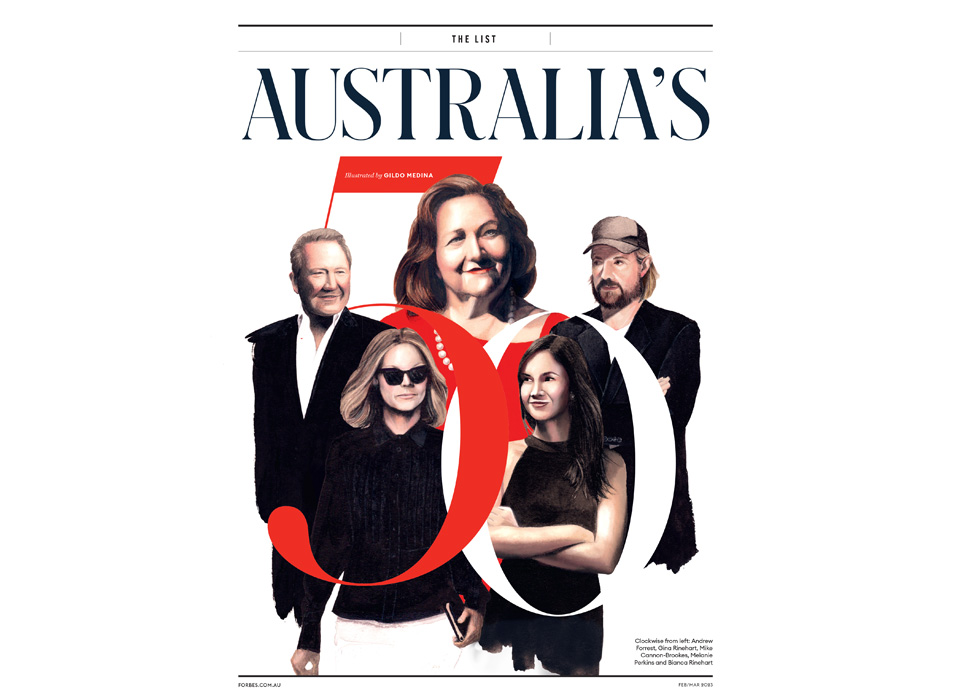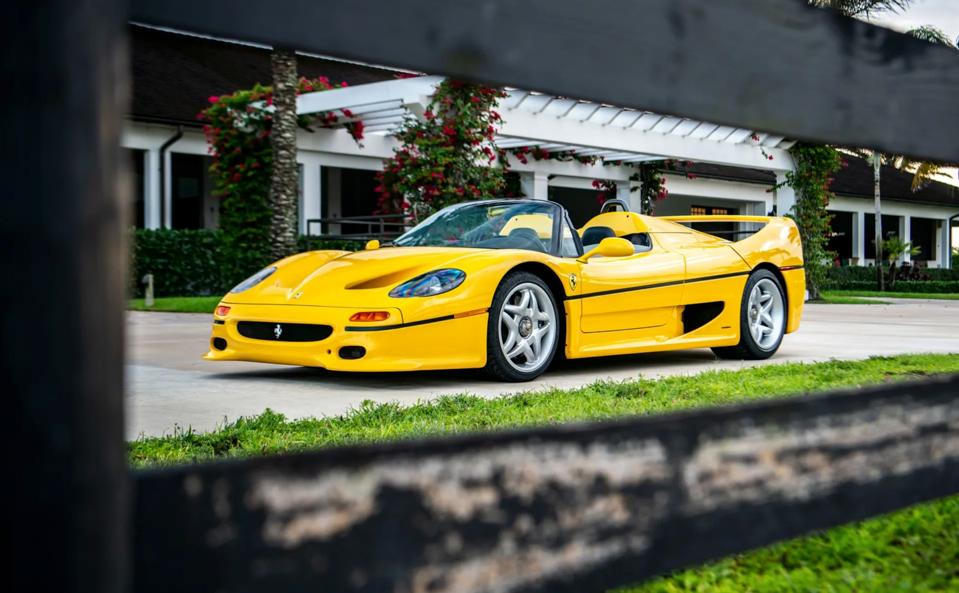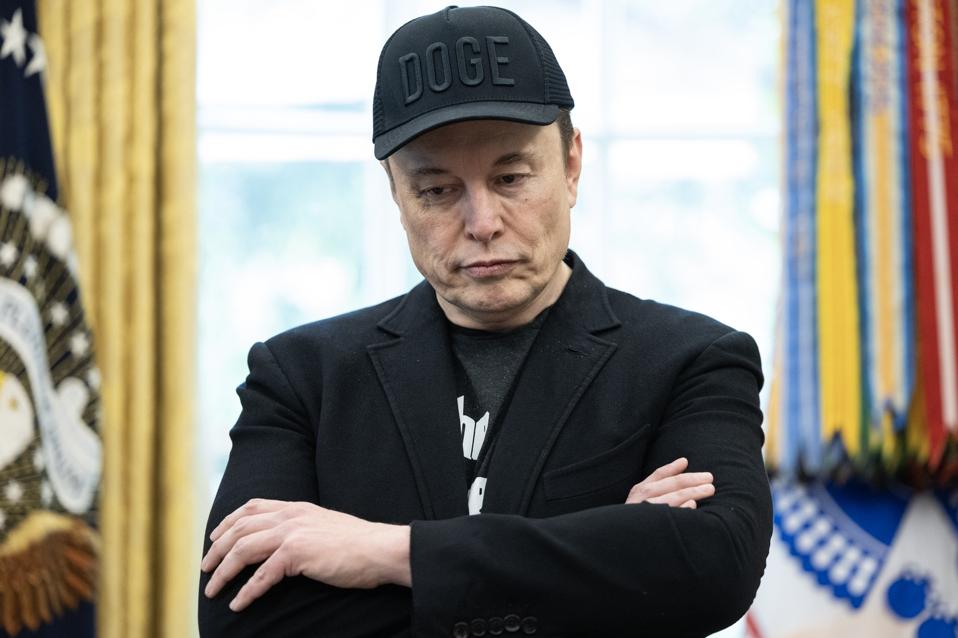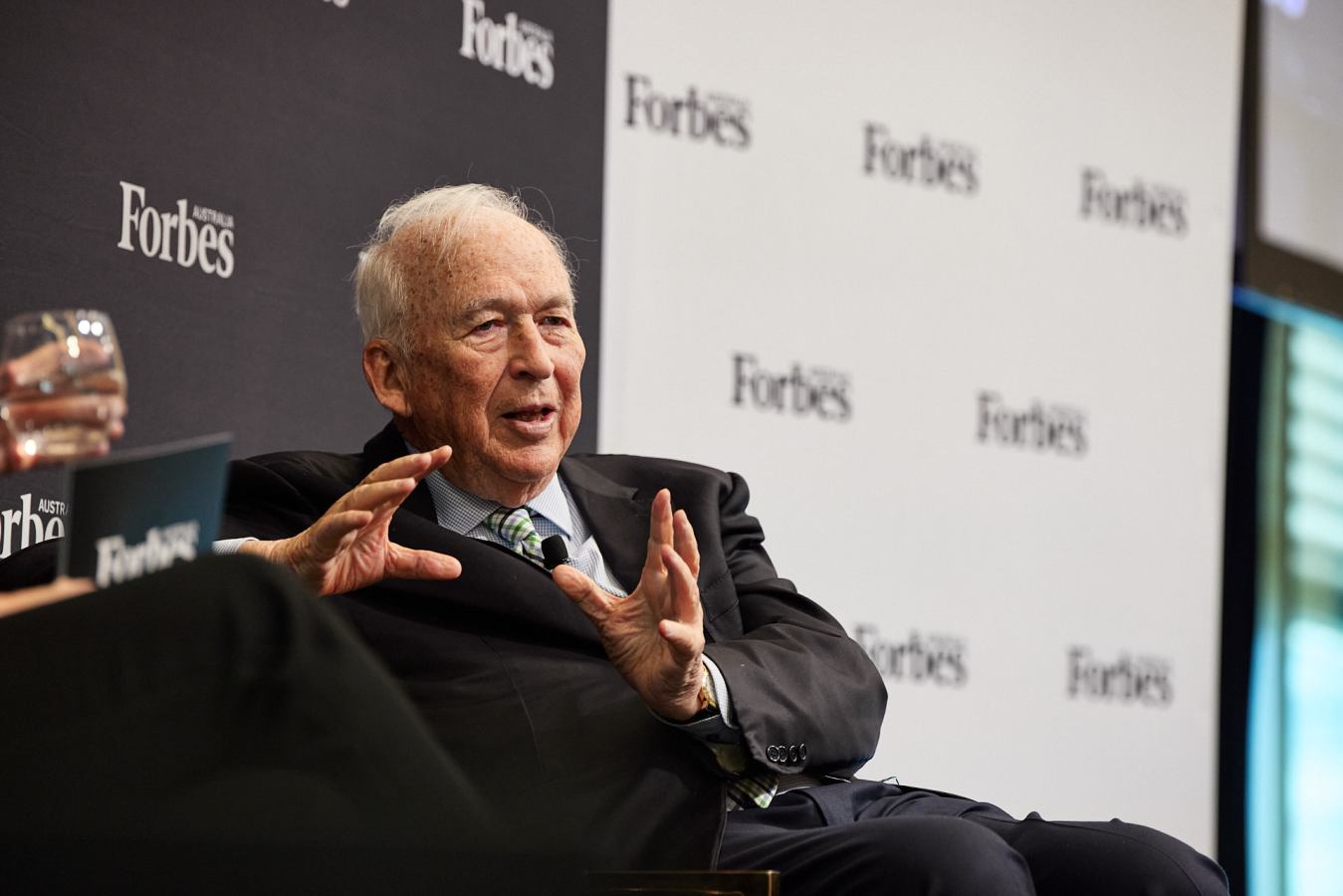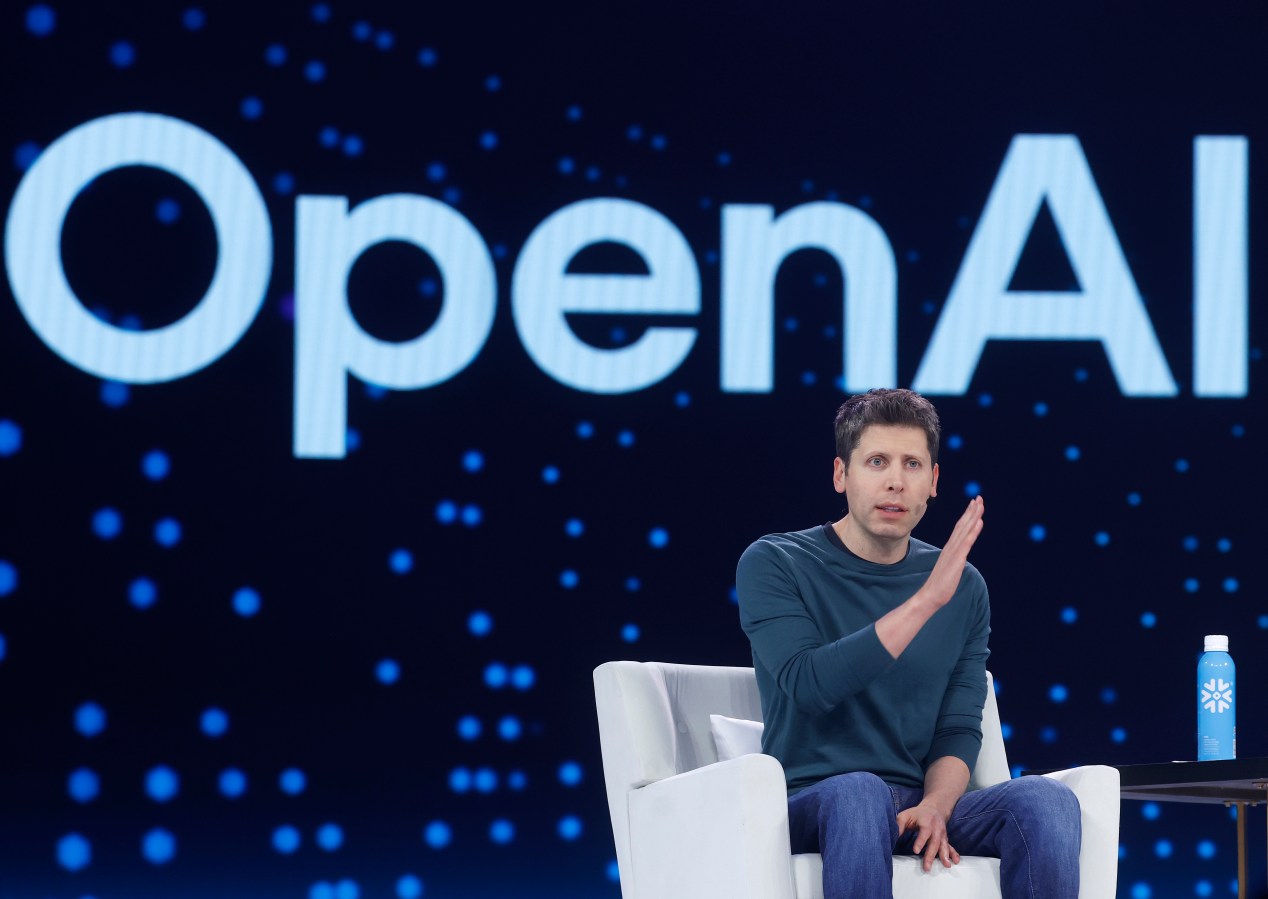Seven of Australia’s 50 Richest made their fortunes in tech. But this year they’re part of a global trend where startup billionaires are nearly US$100 billion poorer than a year ago.
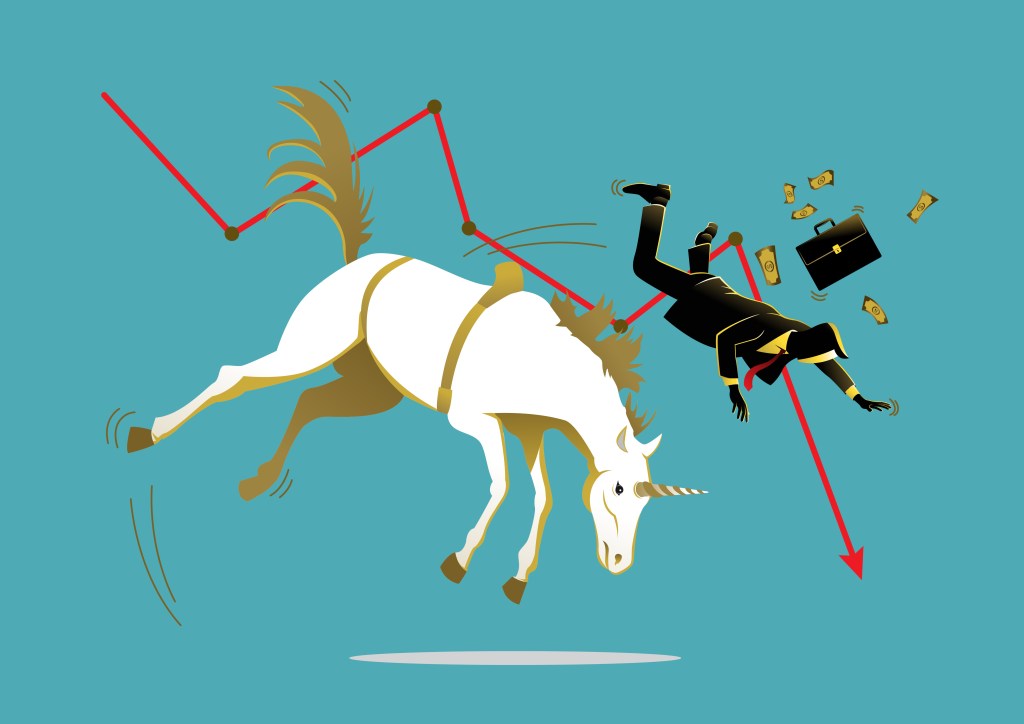
Globally, 44 founders have lost half their wealth and are nearly US$100 billion poorer than a year ago. Twelve were no longer billionaires as at time of the research for this publication.
In January 2022, credit card startup Brex raised US$300 million from a string of A-list investors, nearly doubling the company’s valuation to US$12.3 billion. This makes its Brazilian cofounders – 26-year-old Pedro Franceschi and 27-year-old Henrique Dubugras – the world’s youngest self-made billionaires.
THE LIST
“I think it’s easy for people to think that we’re already successful,” Dubugras told Forbes at the time. “We are, and we aren’t. We’re obviously happy about what we’ve achieved, but there’s so much more to come.”
It’s certainly far too early to write off the long-term success story that could be Brex. But a year later, Forbes estimate the company’s value had fallen to US$6.4 billion–nearly 50% less than 12 months ago. Francheshi and Dubugras were no longer billionaires – worth an estimated US$900 million apiece, down from US$1.5 billion.
They were in good company. In March 2022, near the peak of the startup funding frenzy, 44 founders of unicorns–private companies valued at over US$1 billion–were worth a total of US$190 billion, according to Forbes’ estimates. A year later, with crypto tumbling and private markets going the way of their tanking public counterparts, Forbes–in consultation with prominent VCs, investors and data providers – revalued the world’s billionaire-backed unicorns. Half the wealth of the billionaires behind unicorns was wiped out, leaving this group of startup visionaries US$96 billion poorer than they were a year ago. Twelve of them were no longer billionaires. And that excludes a dozen Chinese unicorn founders who face their own unique set of issues.
“That was a different time in the world, where I may have been worth X on paper, but that was kind of funny money,” says Matt Murphy, a partner at venture capital firm Menlo Ventures, of the run-up to the bubble’s peak. “I think it’s going to take a little bit of detox because in the world of venture, people got so intoxicated by that, and everyone needs to come off the valuation drug. That’s gone, it’s over, so let’s get back to more historically reasonable things and refocus on building great companies in a more operationally efficient way.”
More from Forbes Australia
Some unicorns have already cut their own valuations. Online payments startup Checkout.com proactively slashed its internal mark to US$11 billion in December 2022 after investors valued the company at US$40 billion in January 2022. That knocked down the fortune of its Swiss founder and CEO Guillaume Pousaz, briefly Europe’s richest tech entrepreneur, to US$7.2 billion from US$23 billion.
Irish payments giant Stripe, founded and run by brothers Patrick and John Collison, did the same, cutting its internal valuation on at least three occasions to US$63 billion last month after investors valued the company at US$95 billion in March 2021. The brothers worth worth US$6.9 billion apiece, down from US$9.5 billion. Apoorva Mehta’s Instacart and Ali Ghodsi’s software startup Databricks also marked themselves down in October.
Swedish buy-now, pay-later startup Klarna, cofounded by former billionaires Victor Jacobsson and Sebastian Siemiatkowski (worth an estimated US$600 million and US$500 million, respectively – down from US$4 billion and US$3.2 billion), was the only unicorn with founders on Forbes’ billionaires’ list to raise a new round at a lower valuation – a so-called “down round”. That revalued the company at US$6.7 billion in July 2022, after it had raised at an astonishing US$45.6 billion valuation just nine months earlier.
But these half dozen companies were the exceptions. “Everyone’s hiding behind the two to three years of the runway they had from the cash they raised and avoiding those down rounds,” says Menlo Ventures’ Murphy. “We’re a year into this now, and if you’re a [venture-backed] company, you do not want to be down to less than a year or less than six months of cash. So, we believe that the market has to pick up later this year.”
Murphy says that layoffs are one-way companies are “rightsizing to make their cash last longer.” Among unicorns who have cut staff are Alexandr Wang’s ScaleAI, Cameron and Tyler Winklevoss’ cryptocurrency exchange Gemini, and Brex, Klarna and Stripe.
Until now, Forbes valued VC-backed companies by taking the valuation from their last funding round, no matter when it was, and typically discounting it by 10% due to a lack of liquidity and financial transparency. The new Forbes methodology brings venture-backed company valuations more in line with the recent tumult in public markets and internal and external markdowns these unicorns face.
If a company has raised money in the last three months, like Michael Rubin’s online retailer Fanatics or Palmer Luckey’s defence startup Anduril, Forbes used its most recent valuation from that funding round. Without recent funding rounds or internal markdowns, Forbes worked with private market pricing data providers – ApeVue, Caplight Technologies and Notice – to-revalue 30 unicorns that account for the bulk of billionaires’ (and former billionaires’) fortunes.
In most cases, Forbes averaged the data providers’ current valuation estimates for each unicorn based on the performance of comparable public companies, secondary market activity and publicly reported mutual fund marks. Based on this analysis, Forbes estimates that there are 32 unicorn billionaires outside China, down from 44 in March, who are worth a combined US$94 billion.
More from Forbes Australia
Not everyone agrees with our new approach. When told that Forbes was knocking down UK fintech Revolut’s valuation to US$13.8 billion (from US$33 billion) and its cofounders Nik Storonsky’s and Vlad Yatsenko’s fortunes to US$3.3 billion (from US$7.1 billion) and US$500 million (from US$1.1 billion), a spokesperson said. “We do not engage in speculation on our valuation. Since our last funding round, in which we were valued at US$33 billion, Revolut’s profitable business has continued to perform strongly in all markets across the globe.”
Of course, how much a unicorn is worth has real-world consequences for these companies well beyond the fortunes of their creators. “Whether or not the founder is a billionaire anymore probably is not the most important thing unless they’re massively leveraged against their [previously] high valuation,” says venture capitalist Eric Paley of Founder Collective. “There’s ego involved in all of this, but the biggest problem is displacement and a crisis of confidence. In a way, it’s psychological because I believe you would have been better off climbing from a US$1 billion to a US$5 billion valuation than going from US$1 billion to US$10 billion and then back to US$5 billion.bNow all your employees’ options are underwater, and they may decide to go somewhere else they believe is on the upswing,” Paley adds. “Similarly, investors may look at it like ‘, who would want to be an investor in that company?’ All these people are struggling with what the company was, and they’re tied to that in their minds.”
Figures in this story sourced on January 28, 2023.
Inside the tech downturn
Australian unicorns have also been caught in the fray, with the valuations of some of the nation’s most famous unicorns (Canva, Atlassian) declining significantly since the tech downturn. This has been reflected in the personal net worths of our unicorn founders featured in Australia’s 50 Richest.
For example, Atlassian co-founders Scott Farquhar and Mike Cannon-Brookes, both worth more than US$15 billion in 2022, are now worth US$10.6 and US$10.8 billion, respectively. Their company’s share price is down around 50% in the 12 months to January 31.
Canva co-founders Melanie Perkins, Cliff Obrecht and Cameron Adams also saw a significant drop in their wealth as the business was affected by the downturn. Perkins and Obrecht were reported to have a net worth of US$6.5 billion each in early 2022.
At the time, Canva had just raised US$200 million at a value peak of US$40 billion. Now, after Canva’s valuation is sitting somewhere around US$25 billion, both Perkins and Obrecht are worth US$3.6 billion – nearly half of their 2022 peak. Adams, who was worth US$3.2 billion in 2022, is now worth US$1.8 billion.
Fallen unicorns
| NAME | TOTAL COMPANY | CHANGE ($B) | CHANGE (%) | NET WORTH ($B) |
| Sam Bankman-Fried | FTX | -$24.0 | -100% | $0.0 |
| Guillaume Pousaz | CHECKOUT.COM | -$15.8 | -69% | $7.2 |
| Gary Wang | FTX | -$5.9 | -100% | $0.0 |
| Nik Storonsky | REVOLUT | -$3.8 | -54% | $3.3 |
| Victor Jacobsson | KLARNA | -$3.4 | -85% | $0.6 |
| Barry Silbert | DIGITAL CURRENCY GROUP | -$3.2 | -100% | $0.0 |
| Cameron Winklevoss | GEMINI | -$2.9 | -72% | $1.1 |
| Tyler Winklevoss | GEMINI | -$2.9 | -72% | $1.1 |
| Cliff Obrecht | CANVA | -$2.9 | -44% | $3.6 |
| Melanie Perkins | CANVA | -$2.9 | -44% | $3.6 |
| Sebastian Siemiatkowski | KLARNA | -$2.7 | -85% | $0.5 |
| John Collison | STRIPE | -$2.6 | -27% | $6.9 |
| Patrick Collison | STRIPE | -$2.6 | -27% | $6.9 |
| Apoorva Mehta | INSTACART | -$2.2 | -63% | $1.3 |
| Chris Larsen | RIPPLE | -$2.1 | -49% | $2.2 |
| Alex Shevchenko | GRAMMARLY | -$1.7 | -43% | $2.3 |
| Max Lytvyn | GRAMMARLY | -$1.7 | -43% | $2.3 |
| Tim Sweeney | EPIC GAMES | -$1.6 | -21% | $5.8 |
| Alex Atallah | OPENSEA | -$1.5 | -69% | $0.7 |
| Devin Finzer | OPENSEA | -$1.5 | -69% | $0.7 |
| Cameron Adams | CANVA | -$1.4 | -43% | $1.8 |
| Byju Raveendran and Divya Gokulnath & family | BYJU’S | -$1.1 | -31% | $2.5 |
| Chris Britt | CHIME | -$1.1 | -31% | $1.1 |
| Ryan Breslow | BOLT | -$0.9 | -50% | $1.1 |
| Henrique Dubugras | BREX | -$0.6 | -45% | $0.9 |
| Pedro Franceschi | BREX | -$0.6 | -40% | $0.9 |
| Osman Kibar | BIOSPLICE THERAPEUTICS, INC. | -$0.6 | -40% | $1.7 |
| Joe Lau | ALCHEMY | -$0.6 | -26% | $1.8 |
| Nikil Viswanathan | ALCHEMY | -$0.6 | -24% | $1.8 |
| Vlad Yatsenko | REVOLUT | -$0.6 | -24% | $0.5 |
| Zach Perret | PLAID | -$0.5 | -51% | $1.0 |
| William Hockey | PLAID | -$0.4 | -31% | $1.0 |
| Ali Ghodsi | DATABRICKS | -$0.4 | -32% | $1.4 |
| Parker Conrad | RIPPLING | -$0.4 | -24% | $1.8 |
| Ion Stoica | DATABRICKS | -$0.4 | -18% | $1.2 |
| Matei Zaharia | DATABRICKS | -$0.4 | -22% | $1.2 |
| Riju Raveendran | BYJU’S | -$0.3 | -22% | $1.0 |
| Hayes Barnard | GOODLEAP | -$0.3 | -26% | $3.7 |
| Tope Awotona | CALENDLY | -$0.2 | -7% | $1.2 |
| Prasanna Sankar | RIPPLING | -$0.2 | -14% | $0.8 |
| Kim Kardashian | SKIMS | -$0.1 | -18% | $1.7 |
| Alexandr Wang | SCALE AI | -$0.1 | -7% | $0.9 |
| Palmer Luckey | ANDURIL | $0.3 | -10% | $1.7 |
| Michael Rubin | FANATICS | $3.3 | 20% | $11.3 |
| TOTAL | -$96.0 | -50% | $94.0 |
Sources: Unicorn valuations based on pricing data provided by ApeVue, Caplight Technologies and Notice, as well as Forbes reporting.
